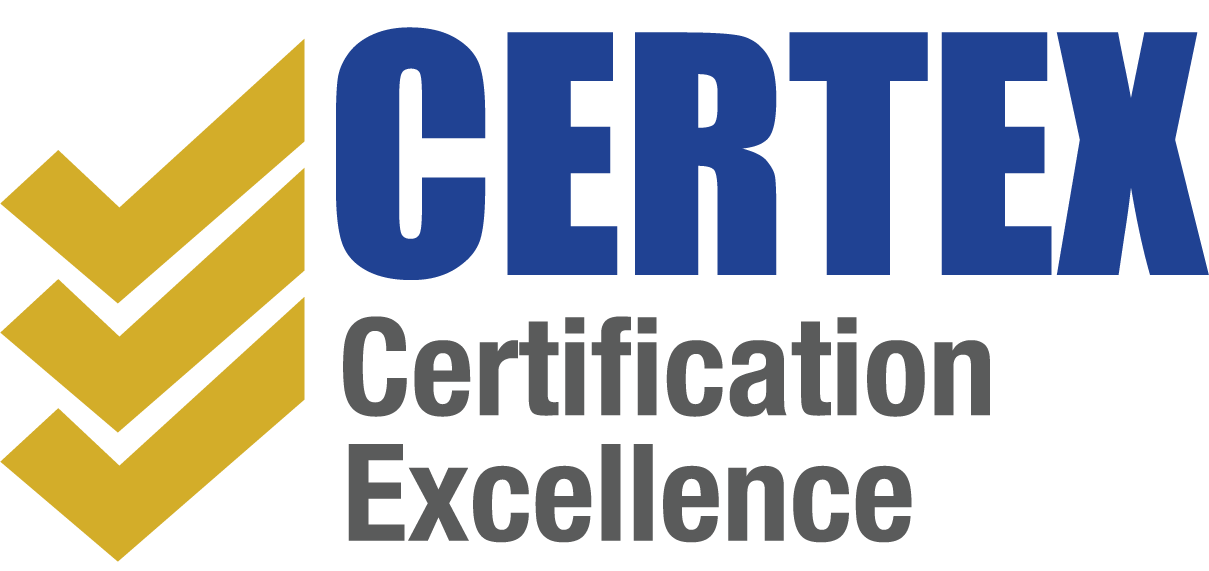Immigration Law and the Right to Work: Guess Who?
Who is a valid employee? Who bears the responsibility to inform the Department of Immigration about improper visas? Who do I turn to for advice?
A common source of confusion for employers, immigration law can keep you guessing.
Let us look at three key issues around identifying an employee’s visa status and Right to Work in Australia.
1. Relying on Visa Entitlement Verification Online (VEVO)
VEVO is an online program that allows registered organisations to check an employee’s visa details and conditions.
It is useful and simple to use, and it is startling how few employers use VEVO to check their employees’ right to work.
But is merely conducting a VEVO check enough?
Unfortunately, no.
Many organisations incorrectly assume that performing a VEVO check prior to employing a candidate is sufficient to discharge their legal obligations.
VEVO informs an employer about an employee’s current right to work – it does not guarantee to the employer that these work rights will remain valid in the future, regardless of the expiry date. This means that candidates might have a valid visa at the time they are hired but no longer have the right to work when they are finally placed.
Placing a worker who does not possess a valid visa is a breach of the Migration Act 1958.
Simply put, a VEVO check is necessary but certainly not sufficient.
2. Passports are not Visas
This might seem obvious, but many employers rely on an employee’s passport as proof of their right to work.
A passport is only evidence that the employee has validly entered the country. In the past, visa labels in the passport could be used to check the employee’s visa conditions. However, this is no longer the case, and all visa information is stored electronically.
3. Sub-class Matters
There is more to an individual’s visa rights than simply what their visa is called. Different visas can come in a variety of different classes, and each class prescribes a set of rights, obligations, and restrictions on the visa holder.
Therefore, an individual might have a working visa but still not be entitled to work in your company.
Confusing, we know.
Let us consider an example:
A student visa applicant has applied for at position at your company. They are currently studying at university. You conduct a VEVO check and, sure enough, it confirms they have a subclass 500 student visa that allows then to work up to 48 hours a fortnight*. However, did you check whether that student is already working somewhere else that is contributing to their fortnightly cap? Although they have a valid visa, do their conditions allow them to work for you?
What’s the Solution?
Nowadays, visa conditions are stored electronically via VEVO. Visa holders still receive the email grant notification from immigration when their visas are granted.
Checking a visa grant email and VEVO and work history is the only way to accurately know whether an individual has the right to work for your company.
You must also check VEVO regularly for all employees to ensure that conditions have not changed or expired.
Certex’s iWork Program Here to Help
With numerous scandals hitting headlines over the past few years, it is crucial that businesses ensure they are employing people with the Right to Work in Australia and can provide evidence if questioned. Many organisations have been remiss in this process, leading to an increased focus on this area of talent management.
At Certex, we are risk and compliance specialists with over 10 years’ experience in the recruitment industry. Our iWork Assessment is a high-level assessment of where your risks might be in assessing candidates' Right to Work in Australia. It is designed to identify areas of immigration compliance that may require further analysis and support. Our experienced auditors can provide assistance and assurance that you are doing the right thing before immigration comes knocking on your door.
Please reach out if you are unsure – don't second-guess the law.
*From 1 July 2023, work restrictions for student visa holders will be re-introduced and capped at 48 hours per fortnight. Restrictions were relaxed during the pandemic and removed entirely in January 2022 to address workforce shortages.


